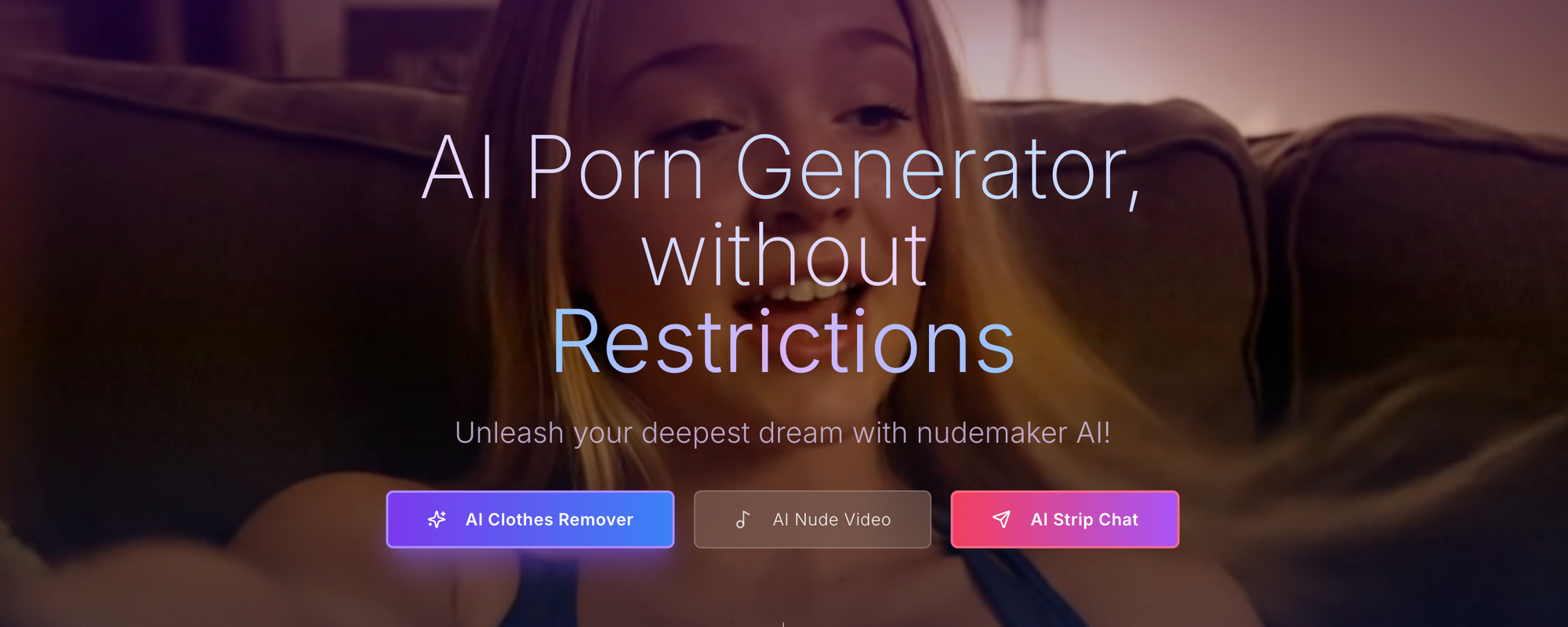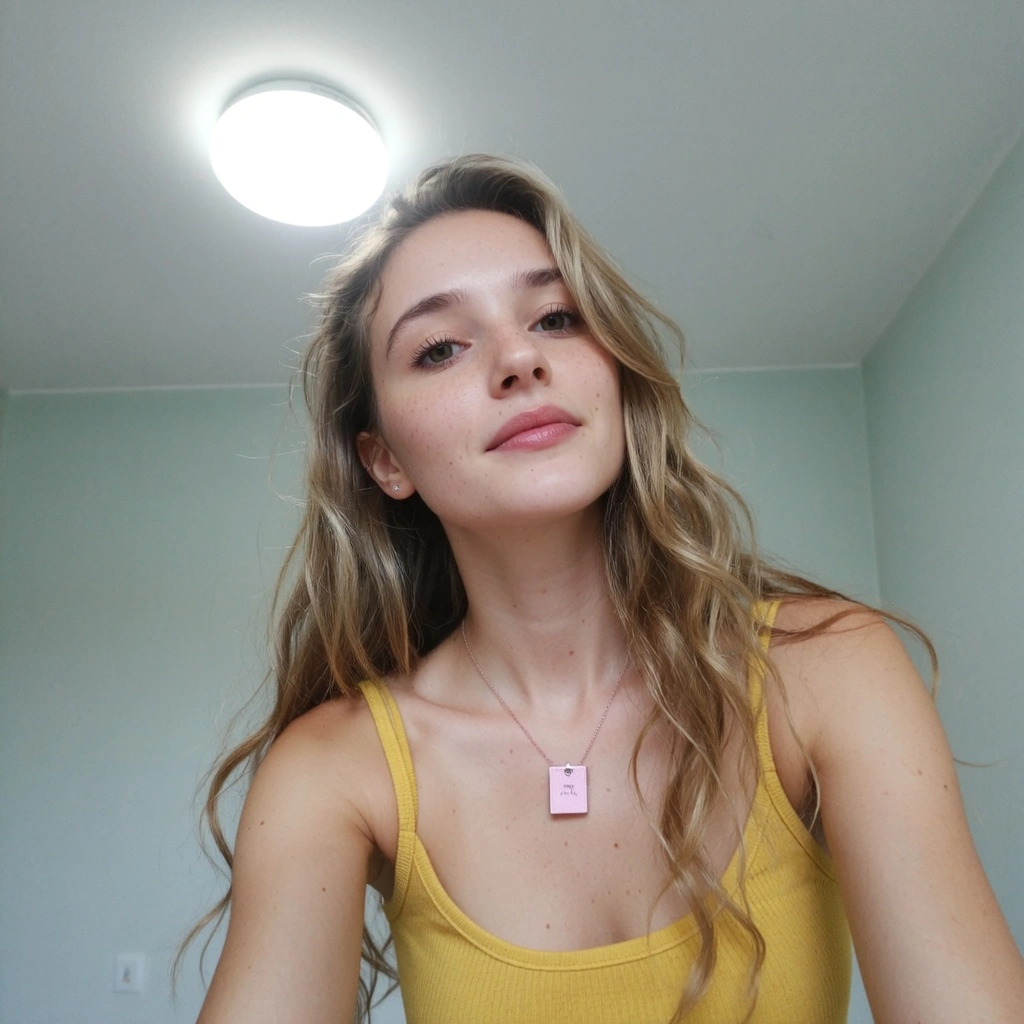


The advent of artificial intelligence (AI) and deep learning has revolutionized various fields, including art and image generation. One such application is the use of AI to generate images of celebrities, including Annie Zheng, a popular Chinese actress and model. However, this topic raises significant ethical, legal, and technical considerations that warrant a thorough exploration.
Understanding AI Image Generation
AI image generation typically relies on Generative Adversarial Networks (GANs) or transformers like DALL-E 2 and Stable Diffusion. These models learn patterns from large datasets and can generate new, synthetic images based on textual descriptions or existing images. For instance, given a prompt like "Annie Zheng in a red dress," the AI can create an image that matches this description.
Ethical Concerns
Consent and Privacy
The primary ethical concern is the lack of consent from the subject, Annie Zheng, in this case. AI models can create highly realistic images, which could be misused to invade privacy or create deepfakes for malicious purposes. It's crucial to remember that while AI can generate images, it cannot grant consent. Therefore, creating and distributing such images without explicit permission is a violation of privacy and ethical norms.
Cultural Appropriation and Exploitation
AI-generated images can also perpetuate harmful stereotypes or contribute to cultural appropriation. For example, generating images of Annie Zheng in traditional Chinese clothing without understanding or respecting its cultural significance could be seen as exploitative or disrespectful.
Objectification and Sexualization
The use of AI to generate nude or sexualized images of public figures like Annie Zheng can contribute to their objectification. This is particularly concerning given the prevalence of online harassment and sexual exploitation of women in digital spaces.
Legal Considerations
Right to Publicity and Defamation
In many jurisdictions, including California, where Annie Zheng resides, individuals have the right to control the commercial use of their name, image, and likeness. Generating and distributing AI images without consent could potentially violate this right. Moreover, if these images are used to defame or harass the individual, they could also lead to defamation lawsuits.
Copyright and Fair Use
AI-generated images are typically considered original works, with the AI model's creators holding the copyright. However, the use of these images could potentially infringe upon the copyright of the original image or artwork that the AI was trained on. The fair use doctrine might apply in some cases, but this is a complex area of law that varies by jurisdiction.
Technical Limitations
While AI can generate remarkably realistic images, they are not perfect. Some limitations include:
Lack of Authenticity: AI-generated images often lack the subtleties and nuances of real photographs, making them discernible to the trained eye.
Bias and Stereotypes: AI models can perpetuate and amplify existing biases in their training data, leading to stereotypical or inaccurate representations.
Computational Resources: Generating high-quality images requires significant computational resources, which can be a barrier to entry for many users.
Responsible AI Use
To mitigate these concerns, it's essential to promote responsible AI use:
Obtain Consent: Always seek explicit consent from the subject before generating and distributing their image.
Respect Cultural Context: Be mindful of cultural sensitivities and avoid perpetuating stereotypes or contributing to cultural appropriation.
Avoid Sexualization: Refrain from generating nude or sexualized images without explicit consent and a clear artistic or educational purpose.
Transparency: Be transparent about the AI generation process and the limitations of the technology.
Case Studies
Let's examine two case studies to illustrate these principles:
DeepNude: The DeepNude app sparked controversy for allowing users to create realistic nude images of women without their consent. The app's creators eventually added a consent verification feature, demonstrating the importance of user consent.
AI-Generated Art: Artists like Robbie Barrat and Beeple have used AI to create art, often with explicit consent from their subjects. Their work demonstrates that AI can be used ethically and creatively.
Conclusion
AI-generated images of celebrities like Annie Zheng raise complex ethical, legal, and technical issues. While AI offers immense creative potential, it's crucial to use this technology responsibly and ethically. This means obtaining consent, respecting cultural contexts, avoiding objectification, and being transparent about the AI generation process.
As AI continues to evolve, so too will the guidelines and regulations surrounding its use. It's essential for policymakers, technologists, and users to engage in ongoing dialogue to ensure that AI is used for the benefit of all, rather than to the detriment of individual privacy, cultural integrity, and human dignity.


from Anakin Blog http://anakin.ai/blog/404/
via IFTTT
No comments:
Post a Comment